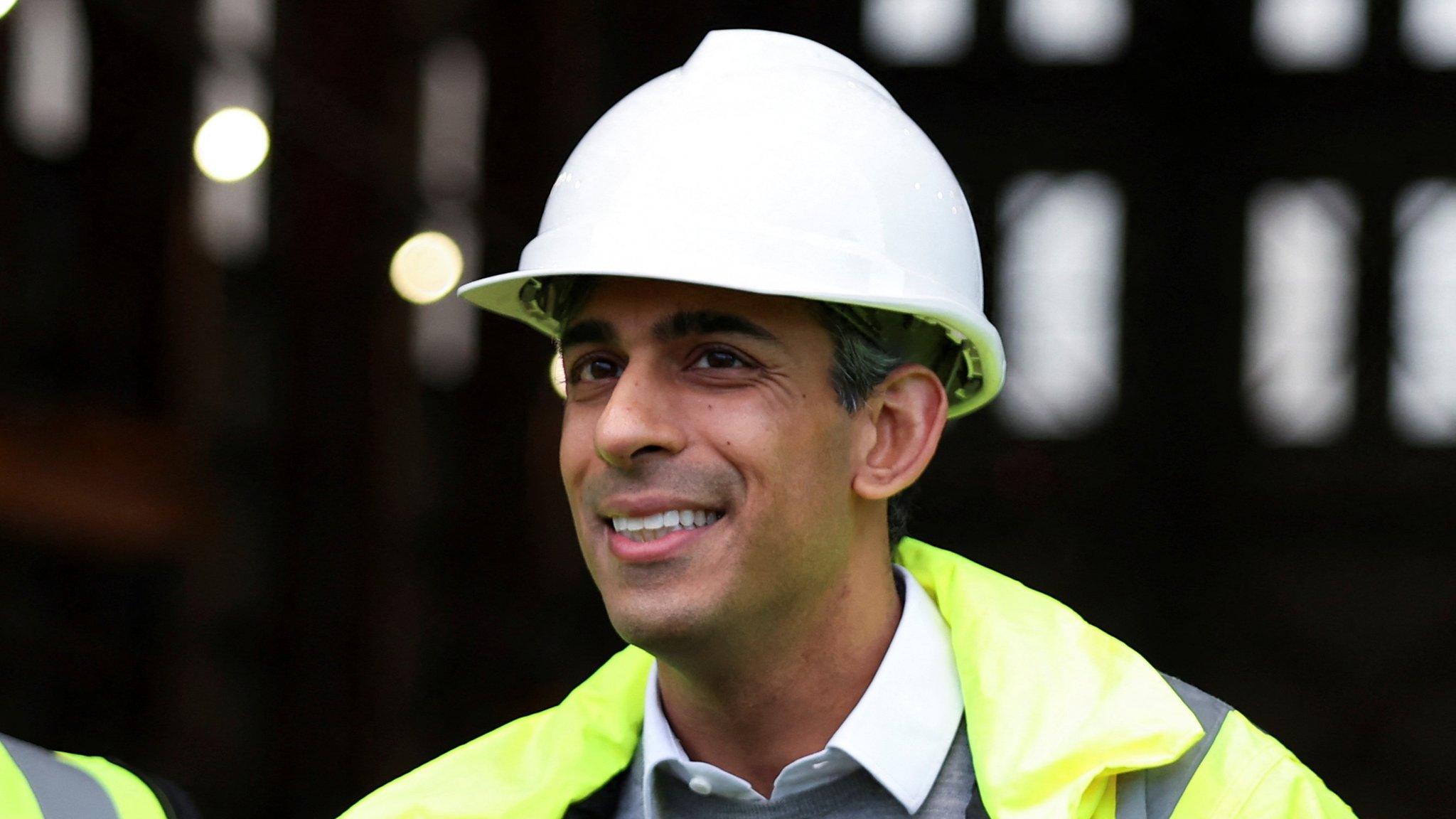Cromarty Firth and Forth to host first green freeports
- Published
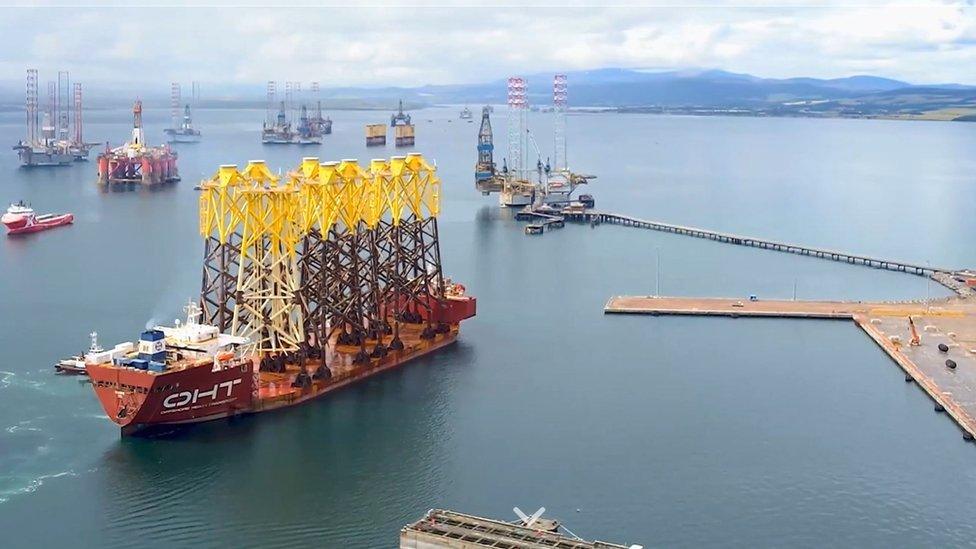
Cromarty Firth is one of two Scottish sites chosen to host a green freeport
Sites at Cromarty Firth and the Forth have been selected to host Scotland's first green freeports.
The winning bids were revealed in a joint announcement by the UK and Scottish governments.
The special economic zones north of the border are being created under a scheme agreed by the two governments.
The successful applicants will be able to offer tax incentives and lower tariffs in the zones.
A total of five bids for green freeport status were submitted, with North East Scotland, Orkney and Clyde missing out.
Each had to set out how they would regenerate their area, create high-quality jobs and support transition to a net-zero economy.
The Forth Green Freeport bid was led by Forth Ports, which owns and operates seven ports on the east coast of Scotland.
Forth Ports said the freeport had the potential to create up to 50,000 new, high-quality jobs in renewable energy, manufacturing, sustainable fuels and construction.
Its activities will focus on renewables, advanced manufacturing, alternative fuels, carbon capture utilisation and storage, shipbuilding, logistics and the creative industries.
The Opportunity Cromarty Firth, external consortium - backed by Port of Cromarty Firth, Global Energy Group, Highland Resources and Port of Inverness - said it could create 25,000 jobs.
The Inverness and Cromarty Firth bid aims to build a "world-beating" floating offshore wind manufacturing sector, with sites in the Cromarty Firth, Invergordon, Nigg and Inverness.

What are green freeports?
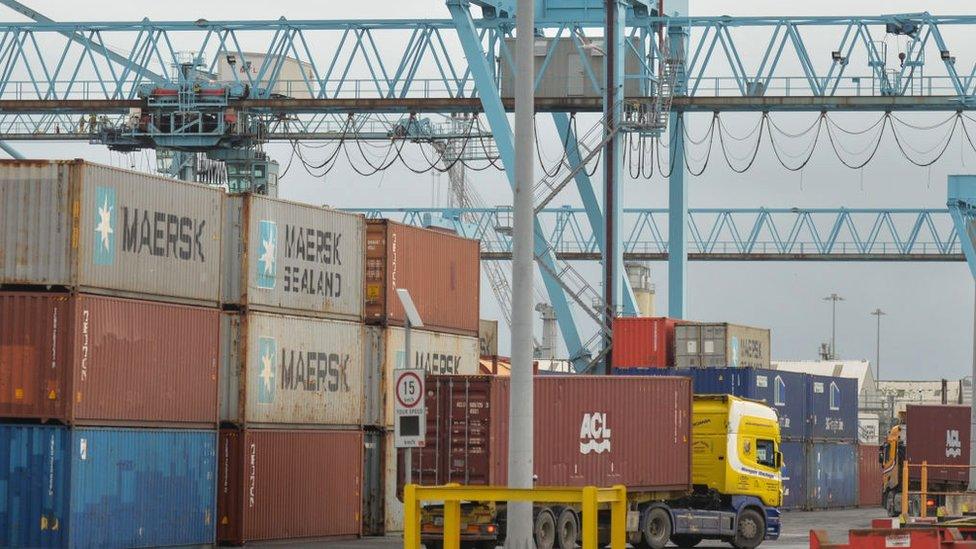
Also called free trade zones, freeports are designated areas where the normal tax and tariff rules of the country in which they are based do not apply.
They allow goods to be imported, manufactured and re-exported without being subject to checks, paperwork, or import taxes, known as tariffs.
This means raw materials can be imported, then engineered into whole products for export.
Typically, companies operating in a zone receive tax waivers or tax breaks on National Insurance contributions, Land and Buildings Transactions Tax, business rates and capital allowances.
The Scottish "green freeport" model, external includes commitments to meeting net zero targets and supporting fair work practices.

The UK government has committed funding of £52m to the project and bidders had to pledge to reach net zero by 2045.
Scotland's deputy first minister, John Swinney, described the creation of green freeports as a "milestone achievement".
He said: "Inverness and Cromarty Firth Green Freeport and Forth Green Freeport will support businesses to create high-quality, well-paid new jobs, promote growth and regeneration, and make a significant contribution to achieving our net zero ambitions.
"The successful applicants showed a strong determination to embed fair work practices, including payment of the Real Living Wage, and to enshrine net zero initiatives in their work."
'Transformative'
The UK government's Levelling Up Secretary Michael Gove said the green freeports would "undoubtedly be transformative for future generations".
He added: "Inverness and Cromarty Firth and the Firth of Forth are fantastic areas for these new green freeports to set up, ensuring the benefits are felt right across Scotland.
"This will help to create exciting new jobs, boost business and encourage investment in the local areas and beyond."
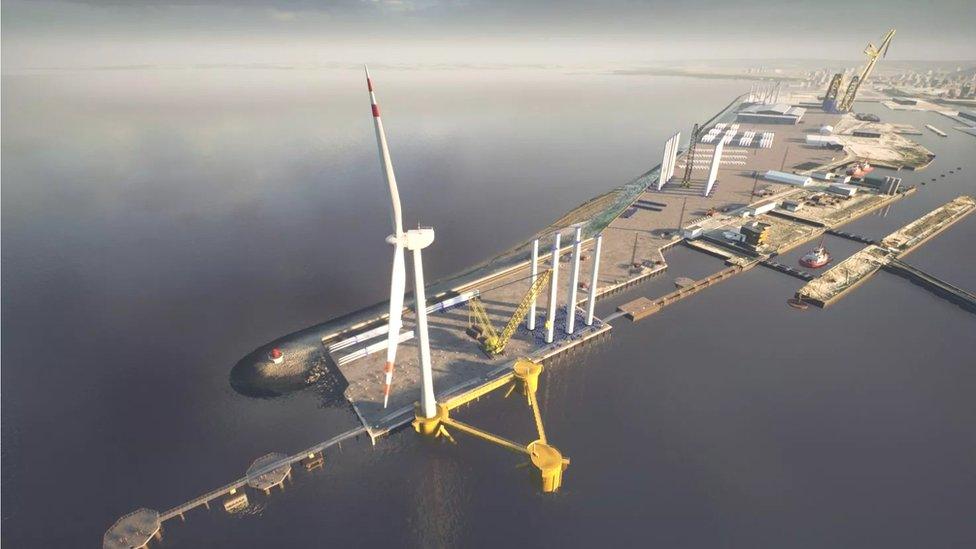
The Forth Green Freeport bid aims to deliver up to an additional 50,000 jobs across the UK
There was disappointment among backers of the failed bids.
Glasgow Chamber of Commerce said: "Overlooking Scotland's entire west coast risks making both the UK government's Levelling Up strategy and delivery of the Scottish government's commitment to a Clyde Mission extremely challenging".
Meanwhile, Peterhead Port Authority chief executive Simon Brebner said he was "baffled" that the north east had missed out, and called for a third green freeport to be created.
Scottish Renewables said it was pleased that the freeports would have green energy as a focus.
Its head of energy transition and supply chain, Emma Harrick, said they would "help Scotland compete on the international stage as offshore wind develops to become the mainstay of electricity generation in the UK".
The Scottish and UK governments were previously unable to agree plans to establish freeports north of the border, after a number of sites were announced for England.
Scottish ministers later said they would pursue an alternative "green freeport" model, with additional standards around jobs and climate targets.
The SNP's partners in government - the Scottish Greens - do not support the freeports, arguing they are likely to result in "greenwashing" rather than genuine action on sustainability.
'Thatcherite gimmick'
Greens MSP Ross Greer described freeports as a "Thatcherite gimmick" and voiced concern about potential abuse by criminals.
He told BBC Radio's Good Morning Scotland: "We've consistently across the world seen freeports attract a lot of criminal activity, particularly money laundering and smuggling, because of the customs arrangements that are in place for them, because they are about deregulation, they are about making it 'easier', particularly for international trade."
Paul Swinney, director of policy research for think tank Centre for Cities, said it remained to be seen how much impact the new freeports would have.
He said: "With freeports, the government has dressed it up as saying we are going to make them into centres of innovation and hotbeds of new ideas.
"But the reality is that the tools that are that on offer make these schemes very attractive to low-skilled businesses rather than high-skilled businesses."
- Published20 June 2022
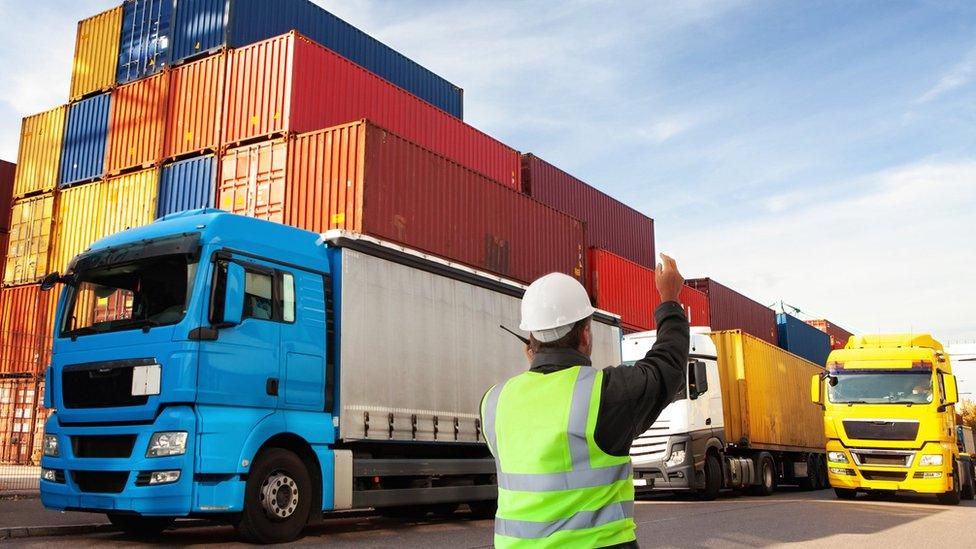
- Published14 February 2022
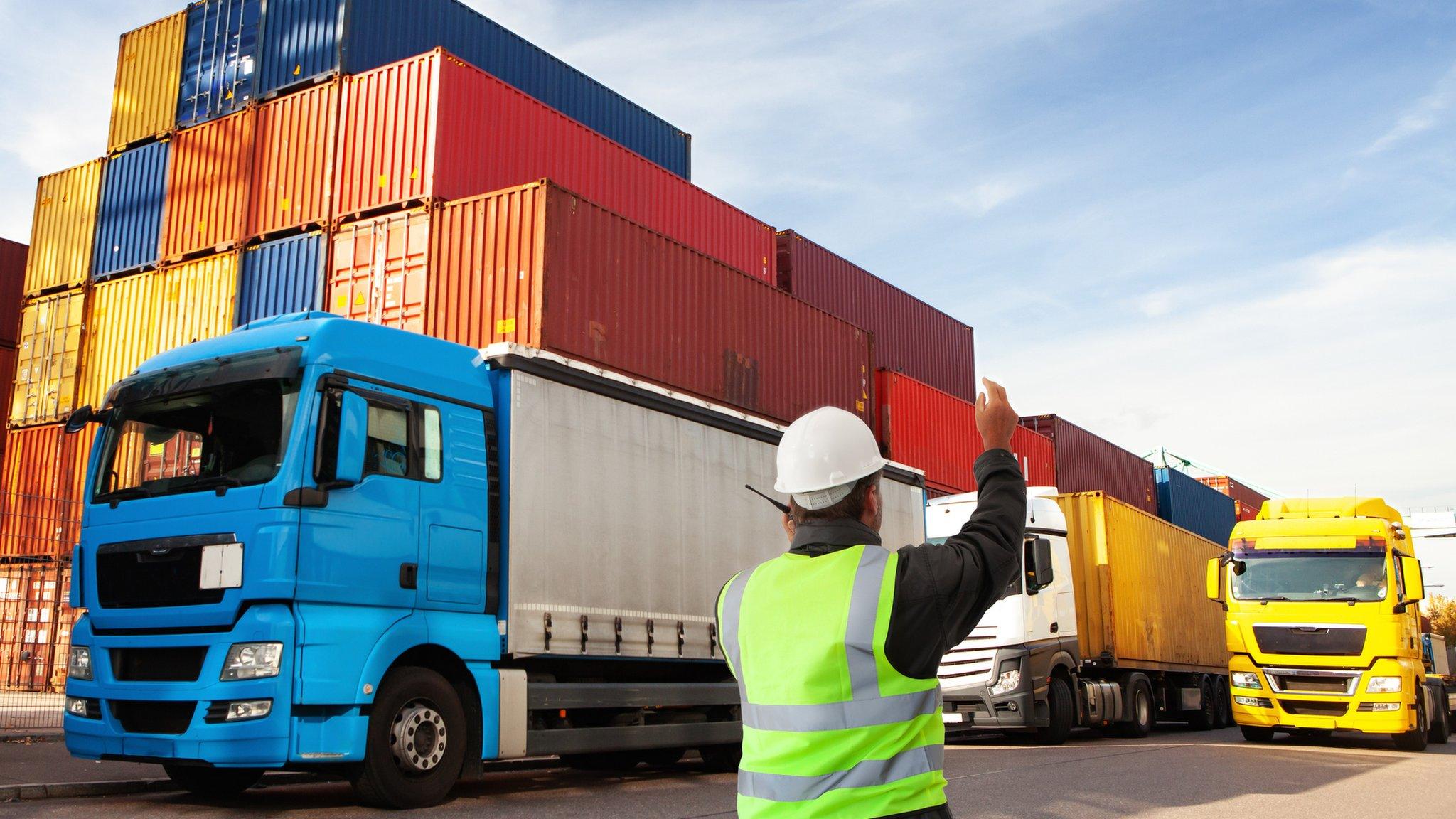
- Published22 March 2023
